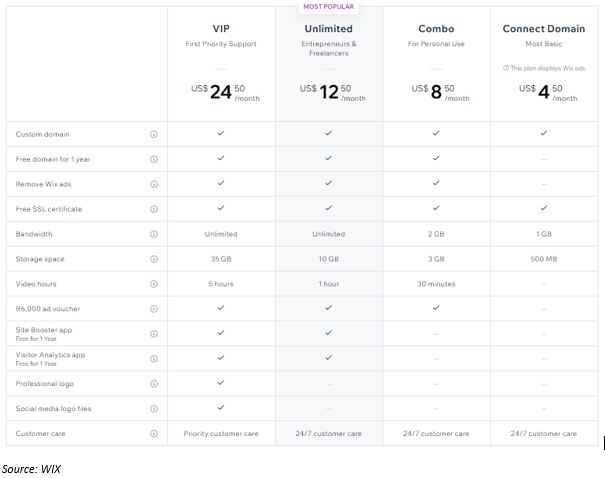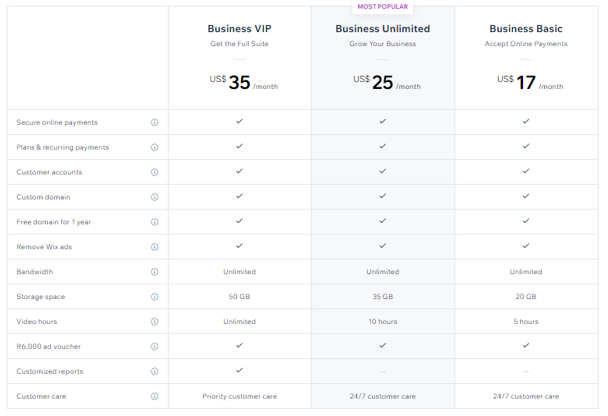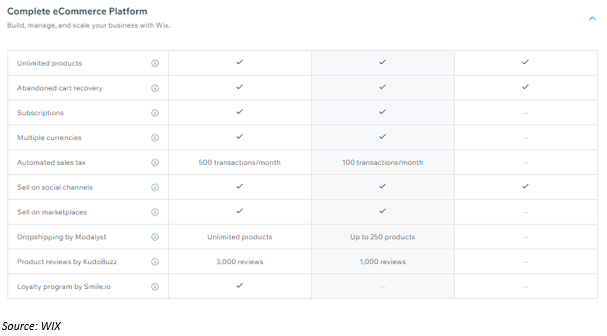Introduction
As we all know, having an online presence is essential to any business, and when it comes to deciding on which website platform to use, it can be overwhelming. Unfortunately, it is not a straightforward answer; it depends on your budget, time, business requirements, and future growth plans.
When looking at website builders many of them offer simple solutions that allow you to build your own website easily and quickly. These types of solutions are ideal if you don’t have a large budget and want your website to be up and running in the shortest amount of time but are not necessarily the perfect choice regarding flexibility and expandability as your business grows. A key point to remember is that you don’t own your site with website builders like Shopify and Wix; it’s more like a rental space.
On the other hand, content management systems (CMS) platforms are extremely flexible and are able to accommodate all sorts of integrations. One of their biggest advantages is that they provide scalability, allowing your website to grow with your business.
Wix
Wix is probably one of the easiest and most user-friendly out of all the website builders around, and as we mentioned, it’s the ideal choice if you are budget conscious and want your website to be up and running in no time at all.
Wix provides access to a basic free website, a great choice for personal websites or new businesses looking to set up a basic site quickly.
But if you are looking for anything beyond basic functionality, you will need to look at one of their paid plans. They offer a 14-day trial on their Premium Plan – basically, you subscribe but can cancel within 14 days and will receive a full refund if you are not satisfied.



Let’s look at some of Wix’s key advantages:
- Wix is incredibly user-friendly with its drag-and-drop editor; anyone can experiment and create a great looking site using one of their professionally designed templates.
- Its dashboard is exceptionally intuitive and allows you to easily manage all of your content, website data, and eCommerce functionality.
- You can create a basic website for free. However, your website’s URL will be a Wix URL, for example, username.Wixsite.com/sitename. You do have the option to buy a custom domain from Wix or use your existing domain name.
Wix’s disadvantages are mainly around its customisation aspects.
- Wix is limited in terms of what you can customise and integration with other services and software is also unfortunately limited.
- As mentioned earlier, you don’t own your website as your content ‘lives’ on Wix, and there is no functionality allowing you to keep a copy of your site.
- Wix is not renowned for its SEO abilities and won’t feature in search engine rankings, especially if you are using a Wix domain.
WordPress
When we are talking about WordPress, we are referring to WordPress.org. WordPress is an open-source content management system(CMS) which means anyone can download, install, and modify WordPress software for free.
Here are some of the main advantages of WordPress:
- As an open-source CMS, it is free to use, and your only cost will be to pay for a domain and web hosting, which will be a lot lower than either Shopify or WIX, especially when it comes to those ‘hidden’ costs.
- WordPress is continually kept updated and secure through the changes made by the WordPress community. This community is full of thousands of users and developers, giving WordPress the longevity that other website builders don’t necessarily have.
- Customisation at its best – WordPress makes it very easy to customise your site. It is simple to add custom features with the help of their numerous plugins and thousands of free themes or website template designs which can be installed with a single click.
- WordPress offers a multitude of plugins (around 59 000) that allow you to include custom functionality in terms of advanced features like contact forms, shopping carts, and galleries. You can also use analytic plugins that track the number of visitors to your site or one of our favorites, the SEO (search engine optimisation) plugin that helps you with your Google rankings. Another popular plugin is WooCommerce, a serious Shopify competitor when it comes to eCommerce sites.
- And one of the most significant advantages is that WordPress provides the flexibility to grow with your business. Plugins can also be activated, deactivated, and uninstalled as your requirements change, so even if you start off with a basic site, taking it to the next level is never going to be a limitation.
- Due to its huge popularity, many digital providers like PayPal have tailored their products for WordPress.
- You own your website, which makes it easy to duplicate your site or even move it to another hosting provider. In other words, you own all the code that has gone into developing your site.
- Search engine optimisation – WordPress is exceptionally SEO friendly as it is built with search engine traffic in mind. You can edit every aspect of your site – from meta text, to speed performance and mobile responsiveness and their SEO plugin is one of the best around.
We would be lying if we said there weren’t any disadvantages, but none of them are unsurmountable!
- Although there is no official customer support, because it is open source, it is supported by a global community who all participate, helping the platform to grow from strength to strength. The main advantage of open-sourced software is that it isn’t maintained by a company or one person. And there are many websites dedicated to helping you with all aspects of WordPress.
- Unless you make use of a web hosting company, you are in charge of your website, which includes being responsible for security, back-ups, and update installations.
- It can take time to become familiar with WordPress as it doesn’t come with built-in drag-and-drop functionality, but you can use one of their drag-and-drop page builder plugins.
Shopify
If your business is all about product sales, then Shopify is a popular option. This platform allows you to create your own online store, has a host of features and functions, and is super user-friendly.
When it comes to setting up your online store, you have to admire their sales approach. Shopify lets you set up a store on a 3-day free trial period and don’t require any credit card details. This is great marketing as by the time you’ve finished setting up your store; you’re bound to pick one of their plans unless there is something majorly wrong.

Advantages and disadvantages of Shopify
Let’s start off with the advantages:
- It is very easy to get going; all you need to do is create your account, select a template and add your products. And perhaps the best part is that you don’t need any coding skills or design expertise.
- There are a wide range of features, and they make it very simple to add products, manage your inventory, organise your shipping and even create discounts.
- It is user-friendly, and the interface is easy to navigate, making it the perfect choice for anyone who is new to online sales.
- They provide access to an array of payment options like PayPal, major credit cards, and their own Shopify payments. This does facilitate an easy checkout process for your customers.
- Your online shop’s appearance plays an integral role, and Shopify has many themes, so you shouldn’t have any problems finding the perfect one for your brand.
As with any platform, there are always disadvantages; here are Shopify’s main ones:
- Despite the large number of available themes, customisation is very limited. However, if you intend to make serious changes, you will probably need to hire a professional Shopify web designer to help.
- Shopify isn’t cheap; away from the monthly fees, you will need to pay extra for their premium features. And on top of those, Shopify will charge you a transaction fee for every sale you make!
- No email hosting is included in any of their plans, and you will need to find an alternative provider to set up an email address for your shop, which is an added cost.
- Unfortunately, you cannot automate any of your marketing tasks unless you pay an additional fee for the Shopify app or find an alternative provider like Mailchimp.
Conclusion
Wix is by far the simplest of the three; however, its features are limited and probably the most restrictive. On the other hand, Shopify specialises in eCommerce but is the most expensive option due to all the hidden costs and also has limited customisation options unless you hire a professional web designer to make any serious changes.
As far as we are concerned, WordPress is the outright winner due to its flexibility, customisation options and that it is not limited and can easily grow with your business. In addition, “43% of the web uses WordPress”; to put it into perspective, WordPress is probably powering approximately one in four websites you visit.
And finally, if you read our post on WordPress, you will know we happen to think it is the king when it comes to website creation tools!







